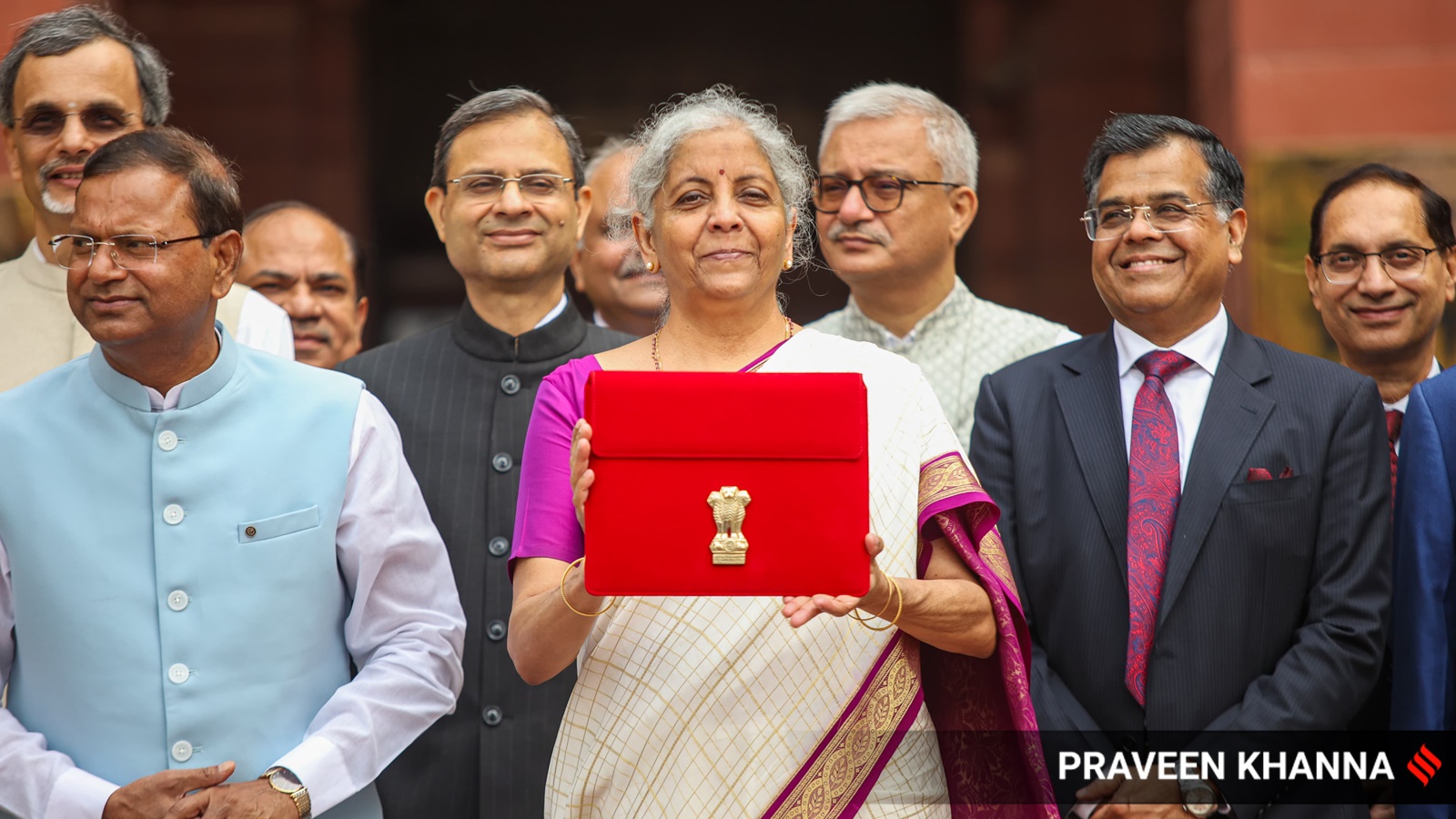Since the announcement of the 2024 Budget, Bihar has taken centre stage in both the media and the minds of economic analysts. Most opinions and social media memes on it revolve around Finance Minister Nirmala Sitharaman’s speech dedicating the “first 25 minutes” to either Bihar and Andhra Pradesh as a result of coalition pressure on the BJP. Regardless, as a proud Bihari, I applaud the BJP-led NDA government’s commitment to Bihar and eastern India.
Deeper scrutiny will reveal that the allocation for Bihar is nothing more than a policy continuation of the BJP-led NDA government under Prime Minister Narendra Modi. The FM declared in February – months before the election results – that the development of eastern India would take precedence this time. She specifically mentioned Bihar, Andhra Pradesh, West Bengal, and Odisha. The East’s empowerment is a key component of PM Modi’s vision for India’s overall empowerment. In several of his speeches and election rallies (2014, 2019, 2024), PM Modi has reiterated the need to not just look at eastern India’s development but also aid it.
The FM announced the ambitious and bipartisan Purvodaya plan, which aims to empower five states: Two, where the BJP is not in power, Jharkhand and West Bengal; two, where the BJP is in a healthy coalition with the TDP in Andhra Pradesh and the JDU in Bihar; and one where it has resoundingly come to power, Odisha.
The Government of India has allocated Rs 37,500 crore to various infrastructure, road, and airport projects, and funds to mitigate flood damage in Bihar. The budget proposal also includes the development of important sites like the Vishnupad Temple, Mahabodhi Temple, Nalanda, and the Kashi Vishwanath Corridor. An important point to consider is that the Nalanda University campus, which was recently inaugurated by the Prime Minister, serves as a significant symbol of soft power for both the country and the state of Bihar. The Government of India will also facilitate Bihar’s requests to multilateral financial institutions.
The Centre has announced an investment in road and airport infrastructure, and most importantly, allocated funds to mitigate flood concerns in Bihar. Through this vision and action, it has shown that it cares for Bihar and believes in tackling historical challenges that affect the state. By allocating key financial resources to eastern states, the Government of India seeks to balance regional development. There are no prizes for guessing that Bihar has lagged behind its western and southern counterparts. The partnership between the Centre, led by PM Modi, and the Government of Bihar, led by CM Nitish Kumar, will be critical to the timely implementation of the various projects so that the people of Bihar reap the rewards. These projects and announcements have the potential to transform Gaya into an industrial hub, as envisioned by the government. Through these measures, it also seeks to marry culture and development in the state.
PRS Legislative Research data estimated that in 2021-22, the agriculture, manufacturing, and services sectors contributed 26 per cent, 15 per cent, and 59 per cent to Bihar’s economy, respectively, at current prices. Following implementation, the aforementioned investments will substantially improve the contribution of these sectors. The services sector also stands to gain tremendously in reimagining the state’s tourism landscape.
Beyond caste issues, development is the core agenda. Such investments aim to address the deep-rooted problem of poverty in Bihar. Data from the Bihar government shows that a substantial number of people live and work outside the state.
When implementing these projects for long-term gains, both governments and civil society must consider how they can motivate individuals to pursue opportunities in Bihar and contribute to the development of their state by finding employment within. I came across a World Bank study that described market access and connectivity as one of the pain points that has curbed the state’s development. The study also stated that both state and national highways in Bihar are in poor condition and require significant repair. It goes on to add that many villages remain disconnected due to a lack of road connectivity. Hence, funds for road infrastructure are welcome. Implementation and quality audits are key for this.
Despite the ongoing developmental challenges, the Government of India’s policy decisions, as reflected in the budget, can lead to significant progress in Bihar. No doubt, all of these budgetary announcements are also for political dividends. The state’s NDA government, under the leadership of JDU supremo Nitish Kumar, is well-positioned to campaign for reelection in 2025.
Unfortunately, the one word that often comes to mind when one mentions Bihar is: Crime, poverty, unemployment, etc. With this budget, development, culture, and investments come into the picture. I hope this will be remembered for a very long time.
The writer is an academic and National Spokesperson, BJP



